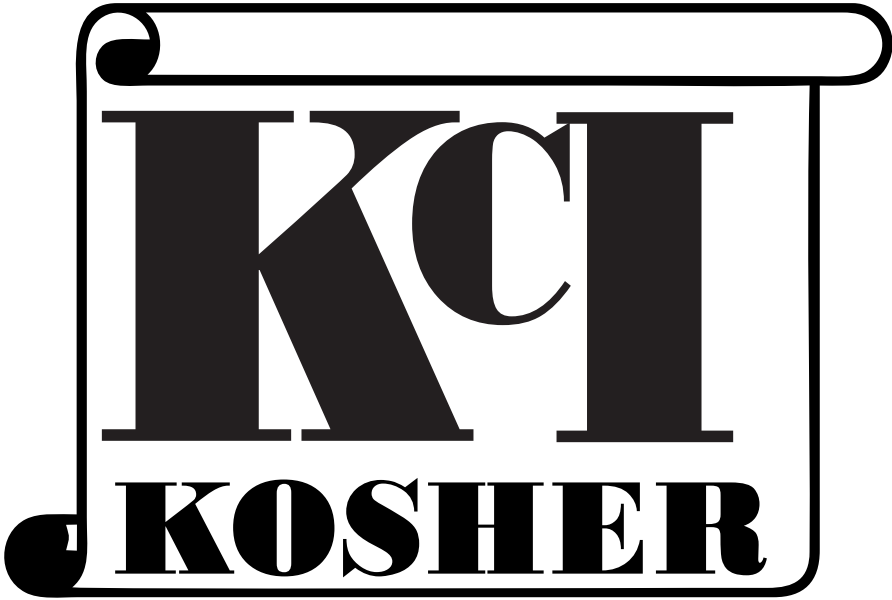FAQ
Faq's
Do you have any questions?
Kosher indicates the preparation and food consumption as per Jewish dietary laws in Torah. The Kashrus law place different restrictions on what should be eaten or not. It also dictates which food is allowed with the permissible ones. For instance meat is not allowed with other dairy items. However, the entire food procedure from animal slaughtering to the use of utensils is given in detail and should be followed strictly as instructed by a Rabbi.
Food items without any meat or dairy products are parve. In this, fruits, eggs, vegetables, fish and birds are included. Also, fish have scales and fins are allowed. Vegetarians sometimes want to have kosher symbol and parve designation to ensure that the food items do not have meat.
Rabbi indicates a Jewish scholar or a teacher or preaches Jewish Law and is appointed as a Jewish religious leader.
Any meat of animals with split hoof and chewing cud are considered as kosher. In this list, cattle, goats, sheep, slaughtered deer are included. However, the slaughtering procedure is considered to be the most humane way to kill the animals. The domestic fowl including duck, geese, turkey, and chicken are often prepared as kosher. In this case, only the clean body parts of the animals should be used for cooking. An individual who is not Jewish prefers to eat kosher meat with the belief that it is healthy and tastier than the non-kosher meals.
Kosher food is determined by the presence of dairy or meat items, pork or any pork products or shell fish. This is applicable to food containing the items. In case a food color made from shell fish is known as unkosher. Also, animal fat along with dairy items makes the product unkosher and it makes the food defective for the procedure used in making the food.
Milchik is a Yiddish work for any dairy items or the ones that contain milk. Also, Fleishik is also a Yiddish word given for meat. People who are concerned about the rules of Kashrus or kosher consider preparing milchik food or eating the same with meat or fleishik.
